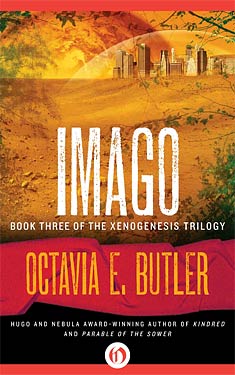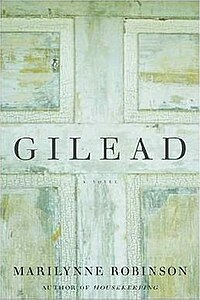At my local library yearly book sale, I perhaps went a little nuts. Financially stable for the first time in many years, the lure of the SF/F section was more than I could resist. (In the end, I spent $17, so it wasn't that crazy.) Part of the problem was that they had so many books that I'd wanted to read anyway, by authors I really enjoy. This was one of them - and most irritatingly, I'd tried to order it in from the library just to borrow a month before, only to have it withdrawn from circulation before they sent it to me. Fine then. I'm happy to buy it from you, although I'm annoyed that it's no longer there for others to enjoy.
We're back in a New York, but one that, like the rest of the world, has become very aware of the existence of the Fae only a shadow away. (A huge dragon and magician war will do that.) Most of those who have had contact with them bear scars and reminders. But there are those whose scars are other and aspire to Fae-given scars as a source of power rather than of pain.
There is magic and Magick and power and Power. Fae and Devils and Angels. Magicians and mortals. Bear is not interested in giving us just a few character who have been affected. There are many characters, although it is not difficult to follow who is who.
The peace that Elaine established when she took the throne of the Fae is uneasy, as such peaces always are. The Queen of the Unseelie plots to regain her equivalent power. Jane Andraste, Arch-mage and Elaine's mother, wants to reopen the war. Matthew struggles with a withered arm and crippled power.
When I read the first book in this series, Blood and Iron, I cribbed heavily from Bear's vision of the Fae in the modern world and what they would be like when I was creating the setting for my Jazz-Age Chicago-with-Fae game that I ran two seasons of over the past few years. I liked her sense of menace. These are not fairies who are cute. They aren't just going to be mischievous, for the most part. They are dangerous, capricious, and often violent.
In this next book, the politics of Hell and the Fae are central to the plot as it unfolds, and I loved those aspects quite a lot. There were a few times, though, that it felt like Bear was erring on the side of holding back information on what had just happened a little too much, so I felt occasionally lost. I get not wanting to be overt and tell me exactly what everything means, and I appreciate that. It's a fine line to walk, but there were brief moments of "what just happened there?"
It's a minor quibble about a very fine book indeed, filled with indelible characters, and more personal agendas than you could stuff into a very large sack. Everyone wants something, and many are willing to go to chilling lengths to obtain them. In the midst of that, what can a mere mortal do? What about a mortal with a little bit of power (or even a lot), when faced with literal incarnations of the Devil (based on different literary representations) and Fae creatures that have no compunction, and no need to teach you the rules before eviscerating you with them.
It makes me miss my game, although mine was not as violent as the Fae are here. It's a world I was very glad to come back to, and I suggest other people explore if they haven't had the chance yet.








